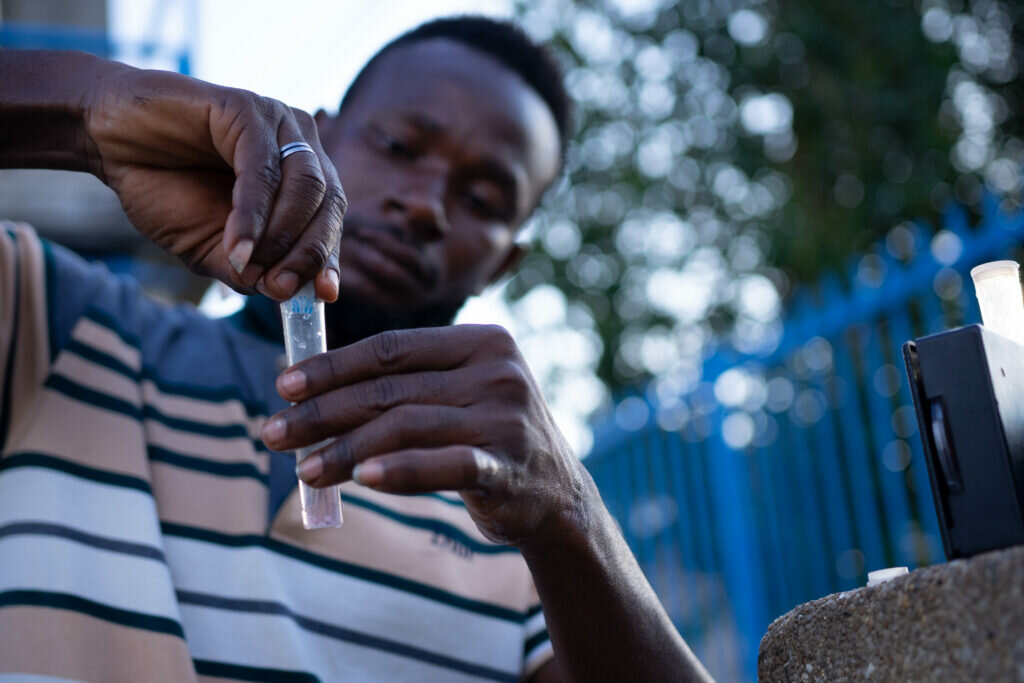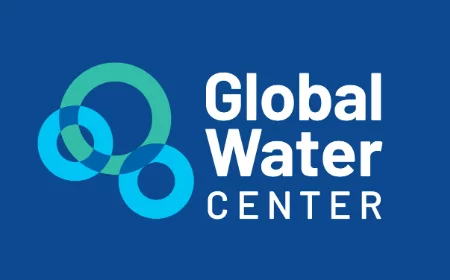TECHNICAL ASSISTANCE: TRAINING
We’ve been helping Ghana’s Community Water and Sanitation Agency (CWSA) improve their water-quality management program.
By the Numbers
30+
The number of CWSA water systems nationwide impacted by the program.
300,000
Total Indirect Access.
A core part of Safe Water Network’s mission is to translate our field learnings into workshops, webinars, and publications, providing the water sector with opportunities to learn from our experience in delivering affordable safe water to communities in need.

Over the years, we’ve closely collaborated with Ghana’s Community Water and Sanitation Agency (CWSA). Initially, CWSA operated primarily as a regulatory body overseeing water and sanitation activities, and we regularly shared data and insights based on our work in rural and peri-urban communities across Ghana.
Recently, CWSA has transitioned into a water utility, taking on the responsibilities of a water operator. In partnership with the Global Water Center (GWC) and the Centre for Affordable Water and Sanitation Technology (CAWST), we developed a series of programs to support their field operators in water quality protocols, ongoing testing, maintenance, and best practices to ensure compliance with national water quality standards.
Safe Water Network conducted workshops to design world-class water quality management skills for rural water professionals in Ghana, using a multi-barrier approach and introducing new and adapted micro and modular learning assets for CWSA operators.
The program’s initial rollout covered three of Ghana’s 16 regions, blending classroom, field learning, and virtual training for maximum reach. We utilized a participatory facilitation model, starting with a Training of Trainers workshop, followed by a comprehensive training program for CWSA water system managers, engineers, and safety specialists. This initiative has positively impacted over 30 CWSA water systems across the country, with Safe Water Network providing both the training content and trainers.
Participants received alumni support, mentoring opportunities, and access to an online training module facilitated by the GWC. Post-training evaluations showed that over 90% of participants found the course well-organized with clearly explained concepts. A similar program was also successfully implemented by our team in India.
Download our On-Site Water Quality Assurance report here.

